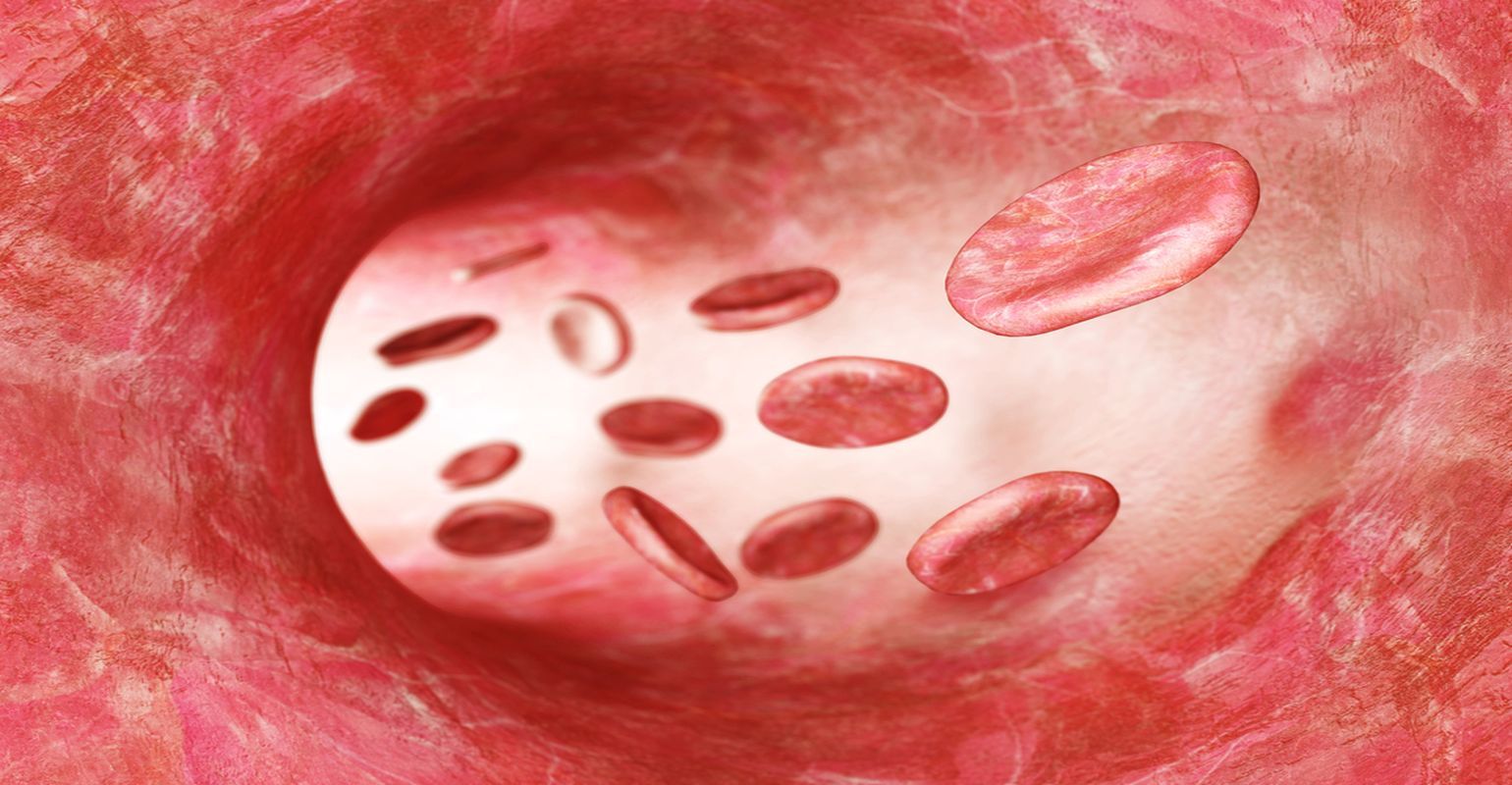Dara-KRd Regimen Displays Prolonged PFS in Newly Diagnosed Multiple Myeloma
The median PFS was not reached with daratumumab-lenalidomide maintenance after a median follow-up of 49 months in those with multiple myeloma.
Investigators found no progression-free survival difference according to postinduction minimal residual disease status.

Induction and consolidation with daratumumab (Darzalex), lenalidomide (Revlimid), and carfilzomib (Kyprolis) plus dexamethasone (Dara-KRd) followed by daratumumab/lenalidomide maintenance exhibited prolonged progression-free survival (PFS) in patients with newly diagnosed multiple myeloma, according to findings from the phase 2 trial IFM 2018-04 (NCT03606577) presented at the 22nd International Myeloma Society Annual Meeting.1
Efficacy data revealed that among patients treated with the Dara-KRd regimen (n = 50), after a median follow-up of 49 months, the median PFS was not reached (NR), with a 4-year PFS rate of 72% (95% CI, 61%-86%). Additionally, the median overall survival (OS) was NR, with a 4-year OS rate of 81% (95% CI, 70%-93%). Furthermore, investigators found no PFS difference according to postinduction minimal residual disease (MRD) status (P = .77).
“Dara-KRd induction/consolidation with tandem transplant and [daratumumab-lenalidomide] maintenance continues to demonstrate high [PFS] in patients with high-risk [newly diagnosed multiple myeloma],” Bénédicte Piron, MD, resident of the Department of Hematology at the University Hospital of Nantes in France, wrote in the presentation with study coinvestigators.1 “At a median follow-up of 49 months, the median PFS [was] not reached.”
Adult patients with high-risk multiple myeloma, defined as having the presence of del(17p), t(4;14), and/or t(14;16) mutations, were included in the study. A total of 50 patients received induction Dara-KRd for 6 cycles. Following induction, 42 patients had received autologous stem cell transplantation (ASCT) followed by consolidation Dara-KRd for 4 cycles.
Following consolidation, 36 patients received a second ASCT and underwent daratumumab/lenalidomide maintenance for a maximum of 2 years. A total of 30 patients had completed maintenance with daratumumab/lenalidomide, with 8 patients exiting the study due to stem cell collection, 7 due to disease progression, 4 due to adverse effects (AEs), and 1 patient withdrawing from the trial.
Those enrolled in the study had a median age of 57 years (range, 38-65). Most patients had an ECOG performance status of 0 to 1 (94%), stage I disease (42%), Revised International Staging System stage II disease (76%), and t(4;14) mutations (52%). Furthermore, 9.3% of those treated had extramedullary disease, 6% had primary plasma cell leukemia, 12% had del(1p), and 60% had 2 or more high-risk cytogenetic abnormalities.
The primary end point of the study was the feasibility of the Dara-KRd regimen. Secondary end points included AEs, response rate, MRD rate, OS, PFS, duration of response, and biological prognostic factors.2
The most common treatment-related AEs (TRAEs) observed in the maintenance portion of the trial (n = 36) included infections (86%), diarrhea (58%), asthenia (30%), peripheral neuropathy (19%), and neutropenia (19%). The most common grade 3/4 TRAEs included infection (16%) and neutropenia (14%). At least 1 lenalidomide dose reduction occurred in 58% of patients in the maintenance phase, with a single grade 5 instance of human polyomavirus 2–related encephalopathy observed in the study.
The study investigators initiated this study to improve outcomes in transplant-eligible newly diagnosed multiple myeloma with high-risk cytogenetics, which is historically associated with poor outcomes. In the phase 2 GMMG-CONCEPT trial (NCT03104842), the combination of isatuximab-irfc (Sarclisa) with KRd revealed the feasibility of a quadruplet therapy containing carfilzomib, lenalidomide, and dexamethasone and an anti-CD38 monoclonal antibody in transplant-eligible newly diagnosed multiple myeloma, with the quadruplet showing high rates of MRD negativity.3 Therein, the rate of MRD negativity was 74.8% at a sensitivity of 10–5 among 219 patients by the end of consolidation.
References
- Piron B, Perrot A, Hulin C, et al. Daratumumab (dara) lenalidomide (R) maintenance following D-carfilzomib(K)R dexamethasone with tandem transplant in high-risk newly diagnosed myeloma patients: update of the phase 2 study IFM 2018-04. Abstract presented at: 22nd International Myeloma Society Annual Meeting; September 17-20, 2025; Toronto, ON, Canada. Abstract PA-424.
- An intensive program with quadruplet induction and consolidation plus tandem autologous stem cell transplantation in newly diagnosed high risk multiple myeloma patients (IFM 2018-04). ClinicalTrials.gov. Updated April 28, 2021. Accessed September 22, 2025. https://tinyurl.com/4enzafme
- Leypoldt LB, Ginde VR, Besemer B, et al. Insights from cytogenetic subgroup analyses in the GMMG-CONCEPT trial with Isa-KRd in high-risk newly diagnosed multiple myeloma. Abstract presented at: 22nd International Myeloma Society Annual Meeting; September 17-20, 2025; Toronto, ON, Canada. Abstract OA-49.